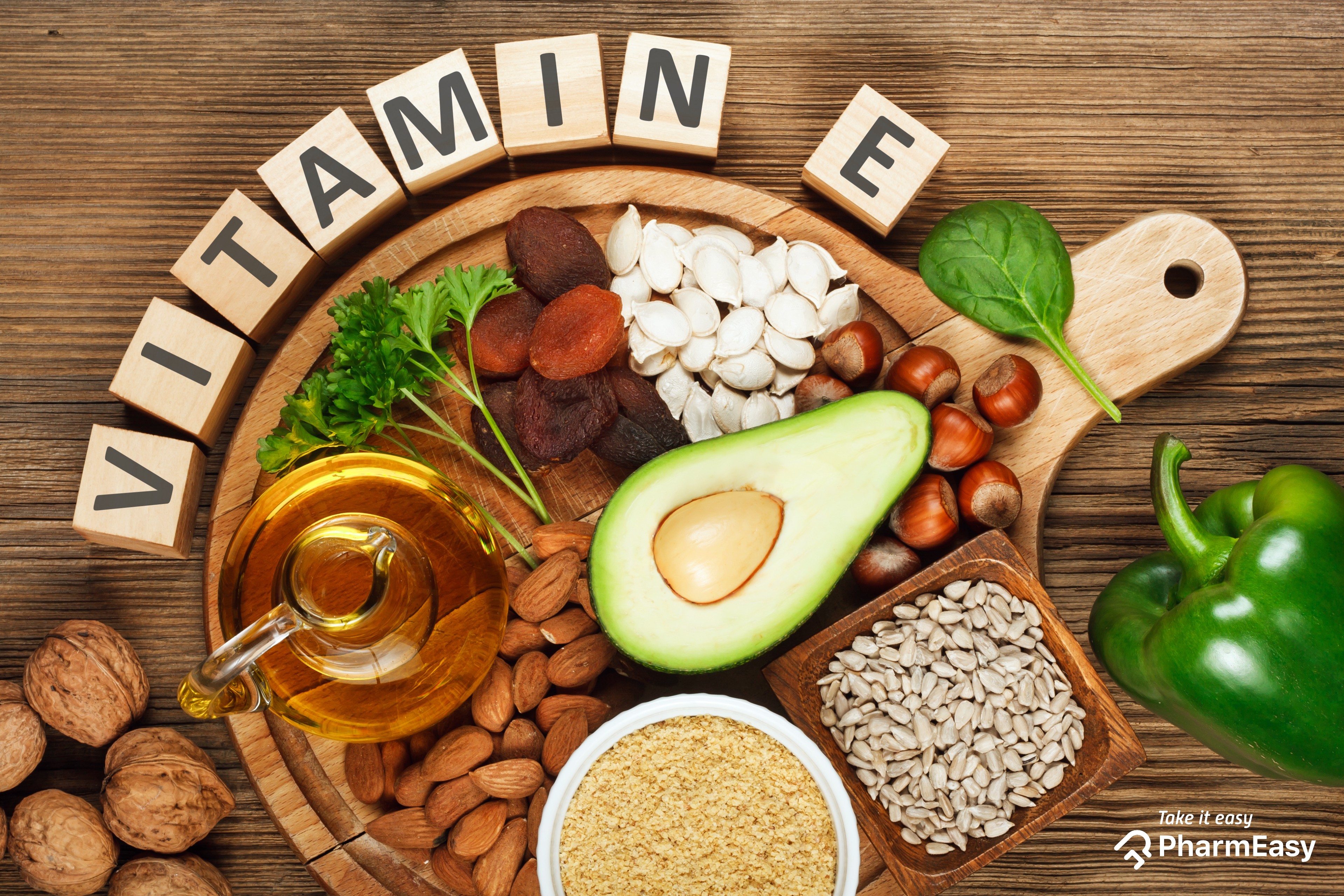The Power of Vitamin E: Unlocking the Benefits for Your Health
Have you ever heard of vitamin E? This essential nutrient is often overlooked, but it plays a vital role in maintaining our overall health. From promoting healthy skin to boosting our immune system, vitamin E is a powerful antioxidant that should not be ignored.
What is Vitamin E?
Vitamin E is a fat-soluble nutrient that is naturally found in certain foods. It is also available in supplement form. There are eight different forms of vitamin E, but the most common and biologically active form is alpha-tocopherol.
Why is Vitamin E Important?
Vitamin E is an antioxidant, which means it helps protect our cells from damage caused by free radicals. Free radicals are unstable molecules that can cause oxidative stress, leading to chronic diseases such as cancer, heart disease, and Alzheimer's disease.
In addition to its antioxidant properties, vitamin E has several other health benefits:
1. Promotes Healthy Skin: Vitamin E helps protect the skin from damage caused by UV rays and pollution. It also helps moisturize the skin and reduce the appearance of fine lines and wrinkles.
2. Boosts Immune System: Vitamin E helps strengthen the immune system by stimulating the production of white blood cells.
3. Reduces Inflammation: Vitamin E has anti-inflammatory properties that can help reduce inflammation in the body, which can lead to chronic diseases.
4. Improves Eye Health: Vitamin E may help reduce the risk of age-related macular degeneration, a leading cause of blindness in older adults.
5. Supports Brain Health: Vitamin E may help improve cognitive function and reduce the risk of Alzheimer's disease.
How to Get Enough Vitamin E
The recommended daily intake of vitamin E for adults is 15 mg. However, many people do not get enough vitamin E from their diet alone. Good food sources of vitamin E include:
- Nuts and seeds (almonds, sunflower seeds, hazelnuts)
- Vegetable oils (sunflower oil, safflower oil, wheat germ oil)
- Leafy green vegetables (spinach, kale, broccoli)
- Fortified cereals and other fortified foods
If you are not getting enough vitamin E from your diet, you may want to consider taking a supplement. However, it is important to talk to your doctor before starting any new supplement regimen.
Possible Side Effects of Vitamin E
While vitamin E is generally safe for most people, taking high doses of vitamin E supplements can lead to side effects such as:
- Nausea
- Diarrhea
- Headache
- Fatigue
- Increased risk of bleeding
It is important to follow the recommended daily intake and talk to your doctor before taking any supplements.
In conclusion, vitamin E is a powerful nutrient that plays a vital role in maintaining our overall health. From promoting healthy skin to boosting our immune system, vitamin E has several health benefits that should not be ignored. By eating a balanced diet rich in vitamin E or taking a supplement under the guidance of a healthcare professional, we can unlock the benefits of this essential nutrient and live a healthier life.
Labels: health, Interesting, lifestyle


0 Comments:
Post a Comment
Subscribe to Post Comments [Atom]
<< Home